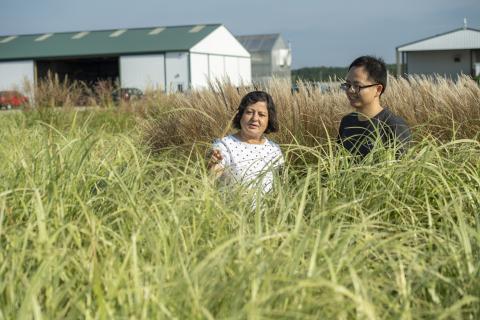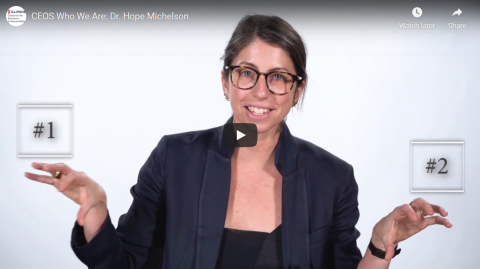The Agricultural & Applied Economics Association’s (AAEA) elected CEOS researcher Madhu Khanna as President-Elect of their leadership committee this May.
Khanna previously served on the Board of Directors for AAEA from 2016 to 2019. She says, “I am honored to be elected by my peers to be the President of AAEA and to have the opportunity to continue to grow AAEA into a vibrant association that is inclusive of a greater diversity of specializations, institutions and regions. AAEA plays a vital role in keeping us all connected, even more so, in these challenging times and I would like to see it become an even more effective voice for a broad range of societally relevant issues important to its membership” (PRWeb).
Congratualtions, Madhu! Learn more about the AAEA here.




